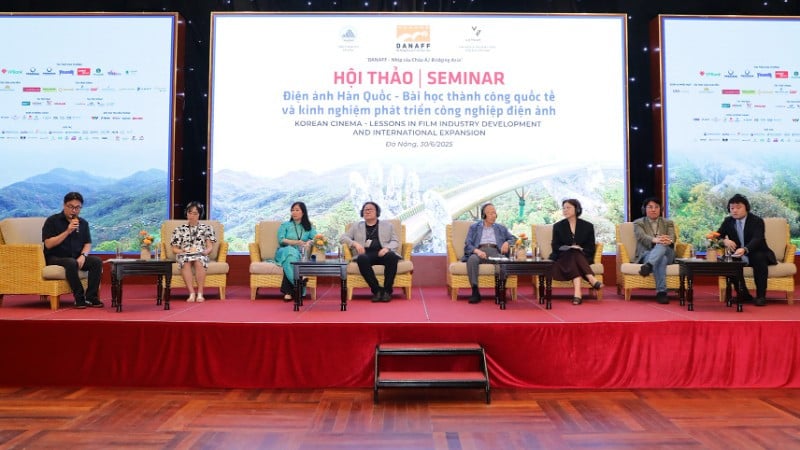
Learning from Korea
Speaking at the workshop, Dr. Ngo Phuong Lan, President of the Vietnam Association for the Promotion of Cinema Development and Director of the Da Nang Asian Film Festival, affirmed: “The workshop is very practical at this time because Vietnam is currently in the process of building a film industry, which is considered the spearhead of the cultural industry. We still need to learn from the experiences of many brother cinemas, of which Korea is a shining example for many international cinemas to learn from.”
Dr. Ngo Phuong Lan also shared that when choosing the series of films in the Korean Cinema Spotlight, the Organizing Committee had many thoughts, when comparing Korean and Vietnamese films produced in the 60s, there were many similarities, but a few decades later, Korean cinema had a stormy development, especially the global development of the Hallyu wave, which has ignited the attraction of Korean cinema. No other cinema can do that, when developing both commerce and art. Korea has made many international cinemas take their hats off.
Dr. Ngo Phuong Lan believes that this development did not happen in a few years, but was accumulated from policies and coordination between localities, especially the vision of Korean film managers to bring domestic cinema abroad.
“What I am most impressed with is that you are able to tell the story of the Korean people, life, and nation through a type of cinema that filmmakers and audiences around the world love and respect. I also hope that our filmmakers and those of ASEAN countries will learn lessons and experiences,” the festival director said.
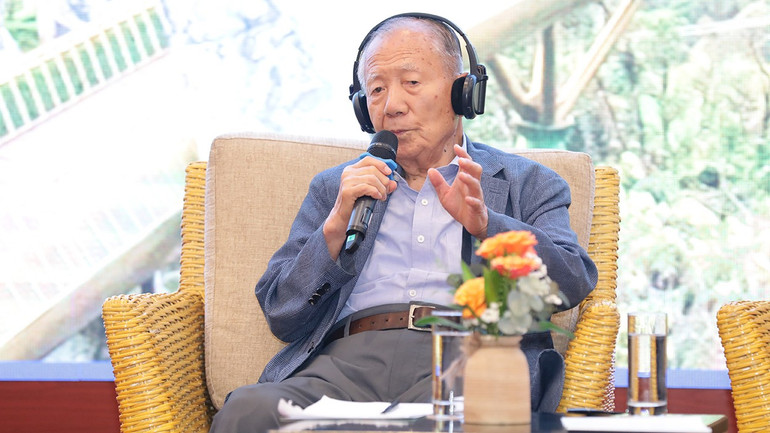
Sharing about the development of Korean cinema in the 80s, Mr. Kim Dongho, founder of the Busan Film Festival, said that the factors leading to success in the 80s included the emergence of a “new wave” – with directors like Park Kwang-su, Jang Sun-woo… They were young directors, with the ambition to create real films.
Then, in 1996, new directors continued to appear such as Kim Ki-duk, Hong Sang-soo, Lee Chang-dong... It was a period of continuous emergence of such talents. By 1999, Korean cinema continued to have more diverse films.
In 1996, the Busan Film Festival was established, according to Mr. Kim Dongho, to introduce young directors and new films to the world market. “We need to let the world know more about Korean cinema,” he said.
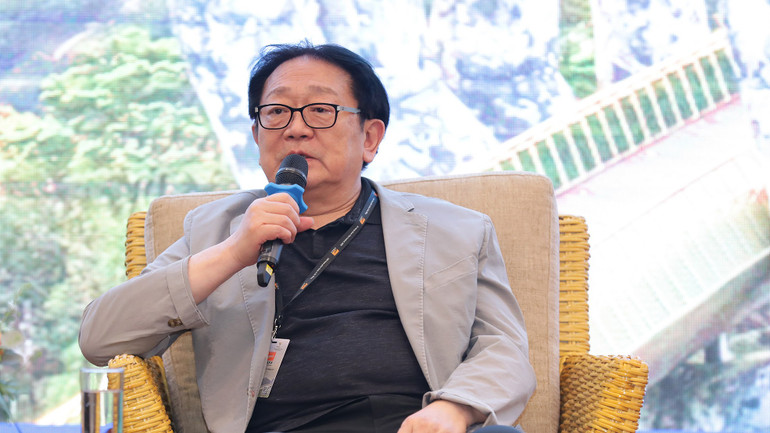
Mr. Park Kwang Su, President of Busan Film Festival, said that around the 1980s, the generation of young Korean filmmakers at that time wanted to make Korean cinema have a clear voice to the world and not suffer the fate of a silent cinema anymore.
During this period, Korea was also building many film production companies, but the problem was that new directors could hardly reuse what had been done before, and had to change the entire system and filmmaking workforce.
“The newcomers had to start from scratch – from human resources to filmmaking language. Many of them were foreign-trained directors, and we started all over again,” said Park Kwang Su.
The Important Role of Government
Dr. Park Hee Seong - Researcher of Policy, Research and Development Division, Korean Film Council (KOFIC) emphasized the role of the Government in the development of Korean cinema.
“The government has been very supportive. We are supporting Korean filmmakers, and there has been a big change since 1999. Then the role of KOFIC was restructured – with nine members playing a key role in supporting filmmakers and bringing together all the people involved in the film production process.”
In addition to being an agency that directly supports the filmmaking process, KOFIC also makes the role of the filmmakers a key factor. KOFIC only supports, but does not interfere with the content or creative process.
Ms. Park Hee Seong shared that KOFIC directly invests in people – that is, allocates budgets to filmmakers. Making such investments is not easy, but KOFIC strives to bring together public agencies, find ways to use budgets to support private filmmakers. That money is used to invest in the film production process. Second is the management of ticket sales revenue, tracking and calculating revenue to know when the initial investment can be recovered.
In addition, KOFIC also organizes academies – “academies” – specializing in filmmaking training, to improve the capacity of those in the industry.
Ms. Ngo Thi Bich Hanh – Vice President of BHD affirmed that, besides the support of the state, cinema talents are indispensable. “I think, people are the most important factor. Like Korea – they know how to combine traditional culture with modern film industry, and that is what has helped Korean cinema succeed globally”.
Thus, looking back at the development journey of Korean cinema, it can be clearly seen that to achieve the results we have today, it is not only the efforts of the film industry, but also from many sides, especially the support of the Government and the rise of many generations of filmmakers and actors in renewing themselves, removing barriers and clearly defining the goal of reaching out to the world.
Source: https://nhandan.vn/cac-nha-lam-phim-han-quoc-chia-se-kinh-nghiem-phat-trien-dien-anh-post891656.html


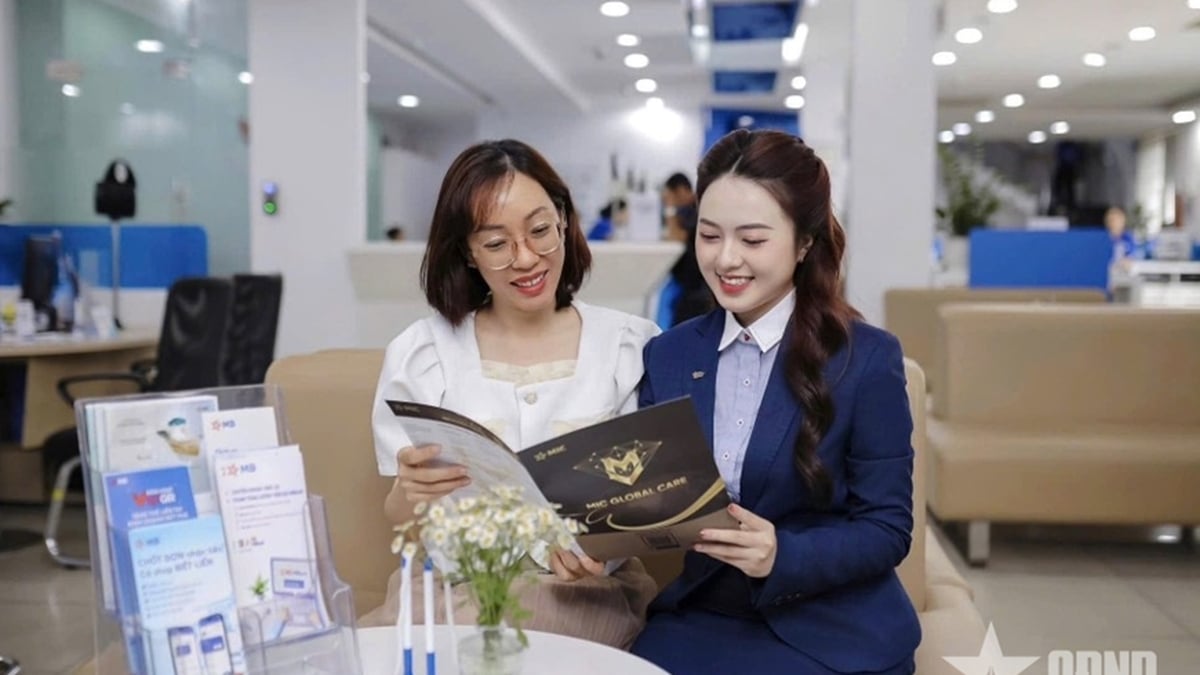


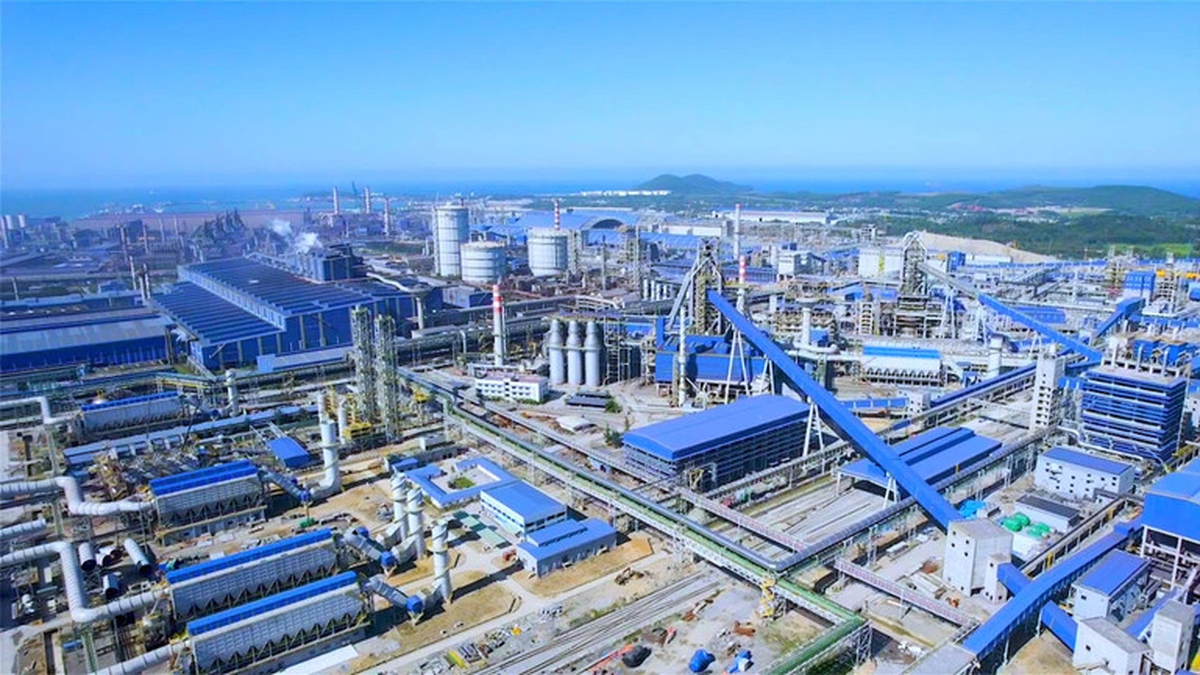



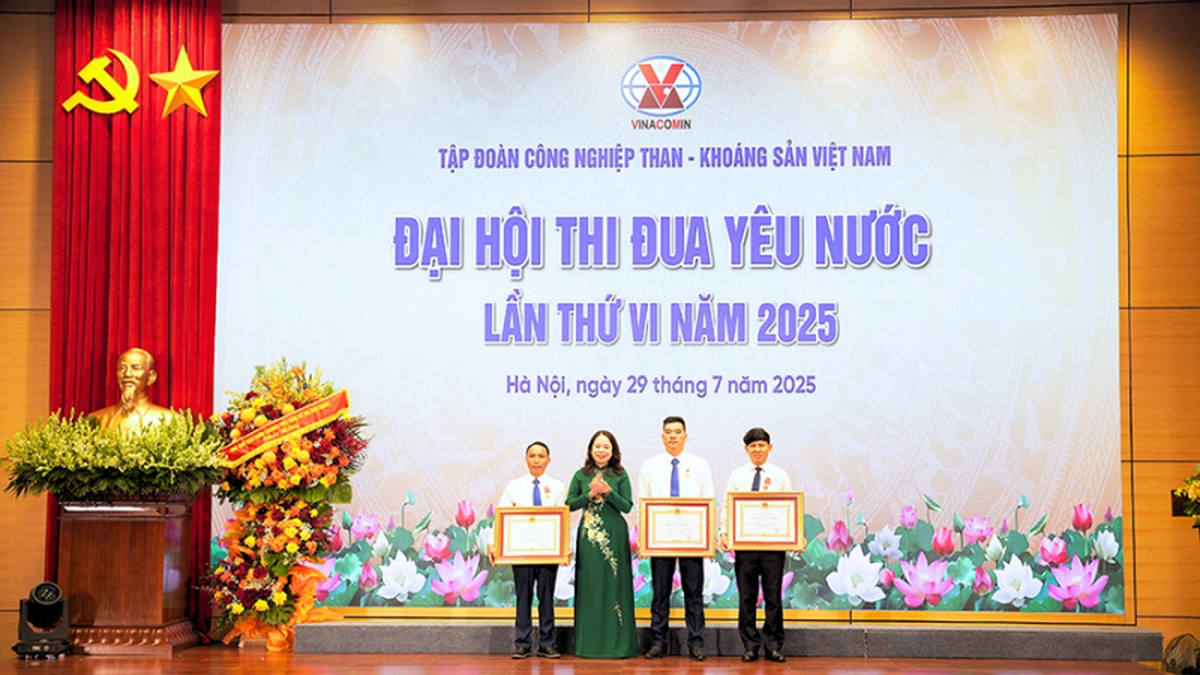













![[Photo] National Assembly Chairman attends the seminar "Building and operating an international financial center and recommendations for Vietnam"](https://vphoto.vietnam.vn/thumb/1200x675/vietnam/resource/IMAGE/2025/7/28/76393436936e457db31ec84433289f72)




















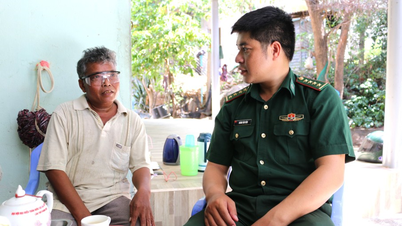










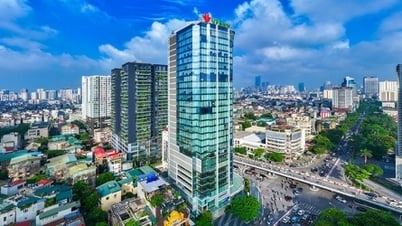

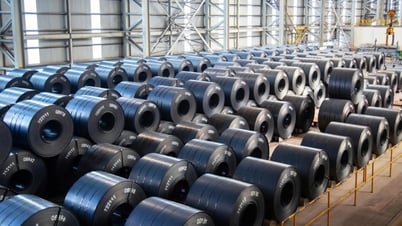




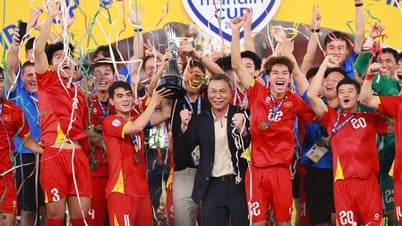


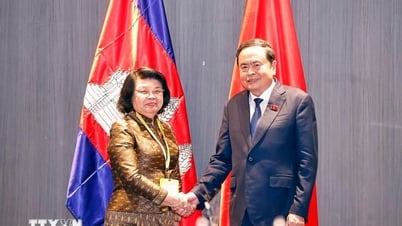
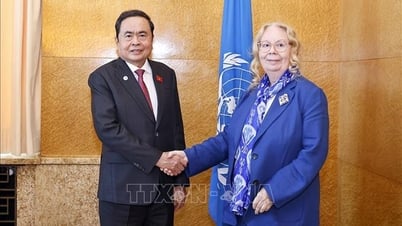

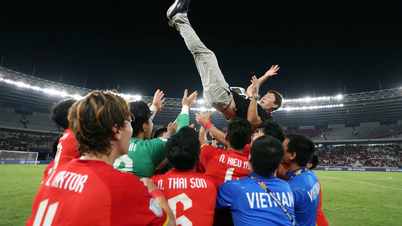
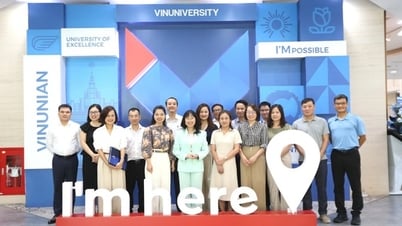

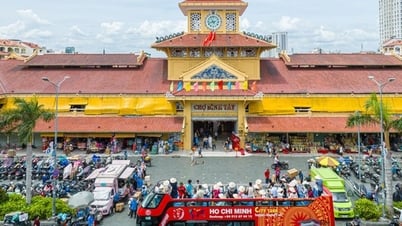

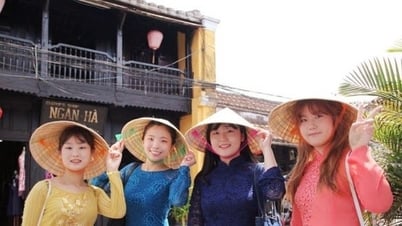
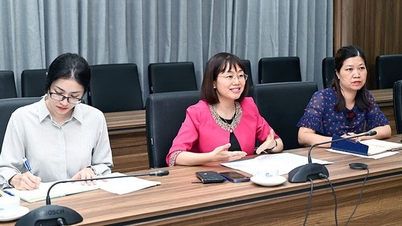
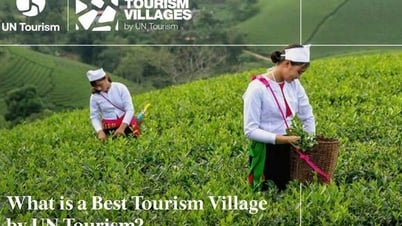
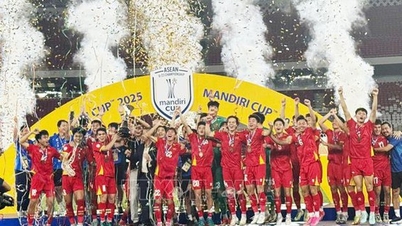











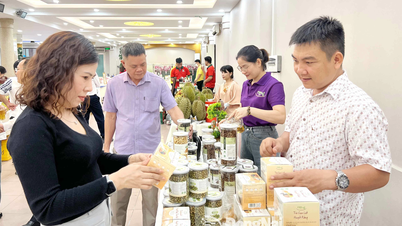







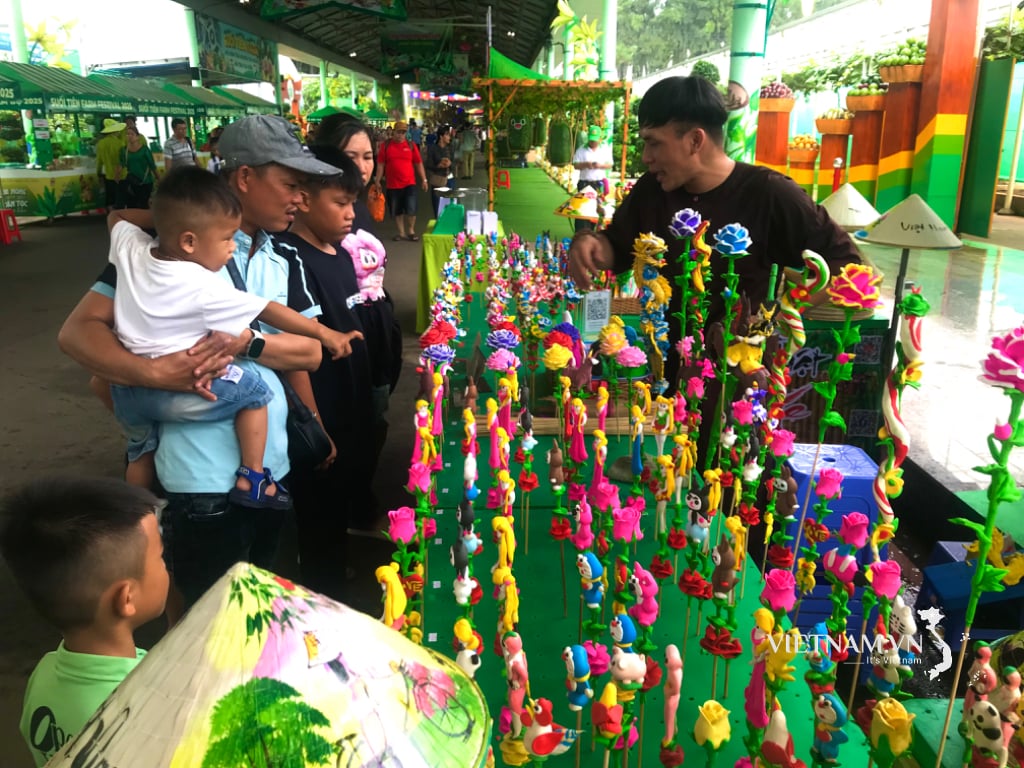

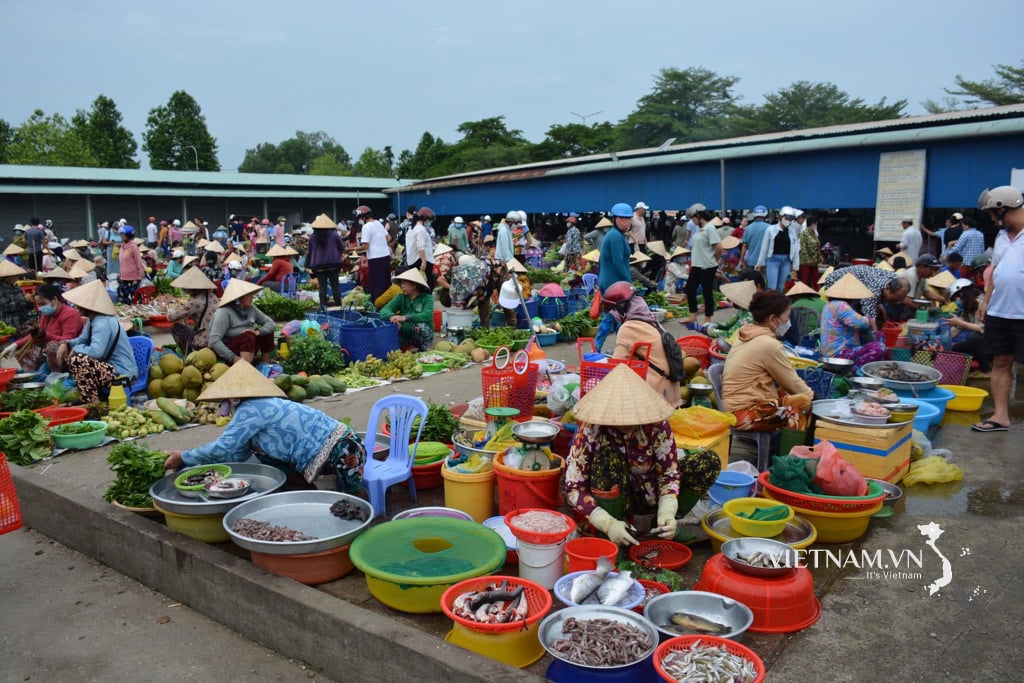
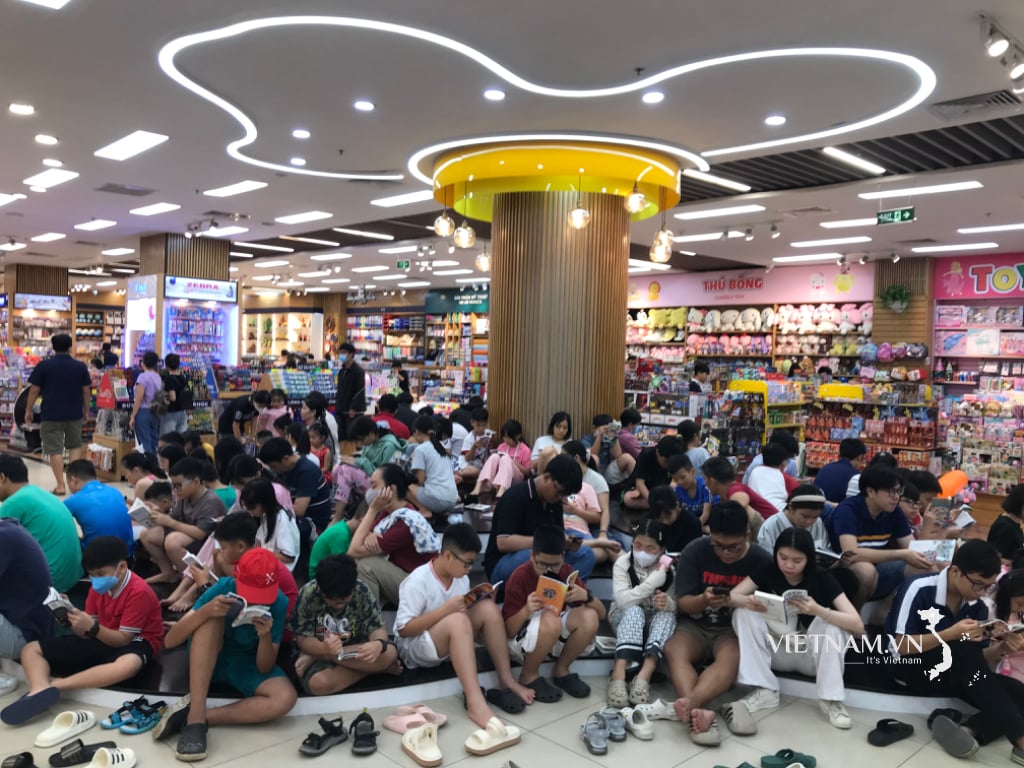
Comment (0)